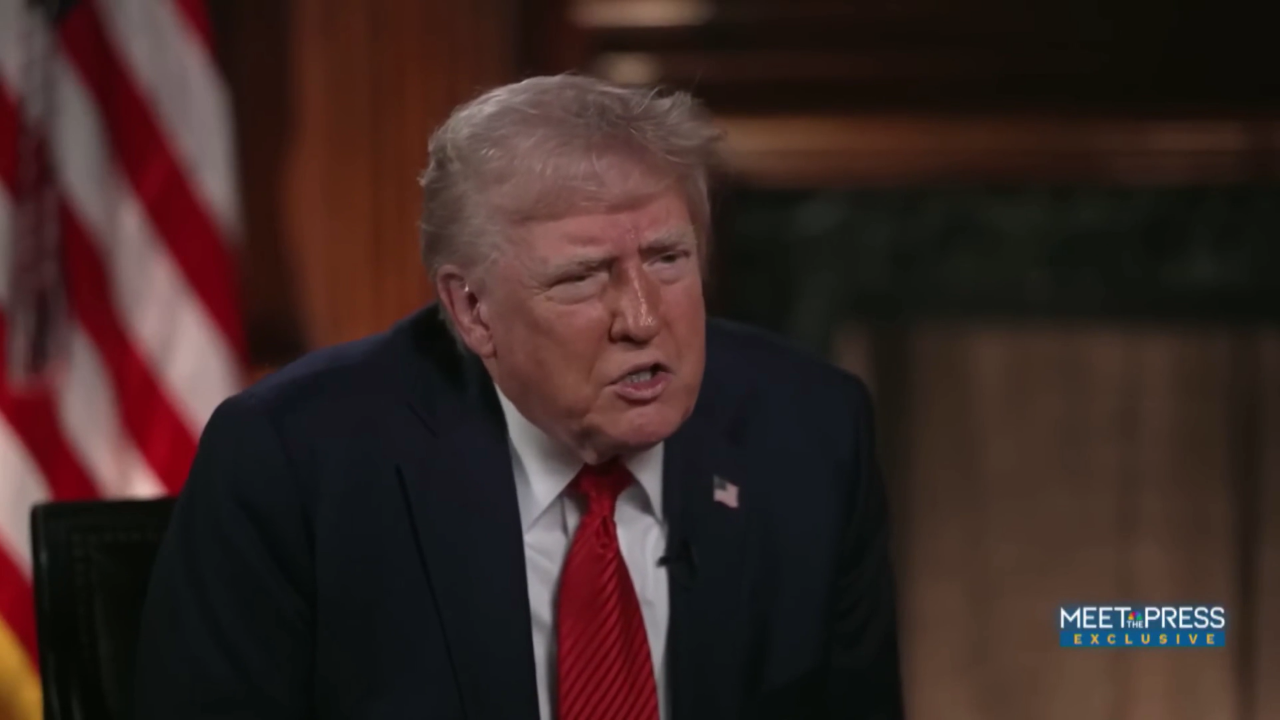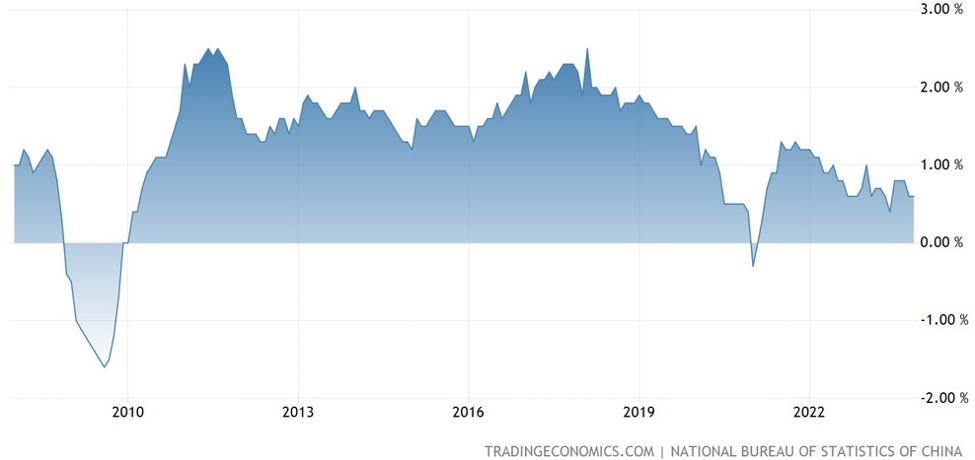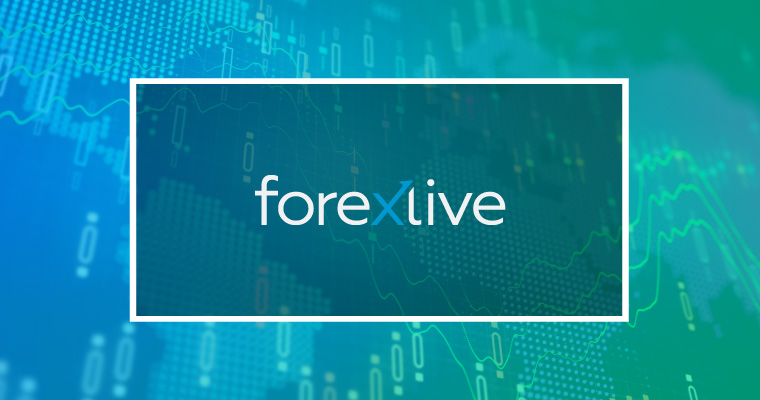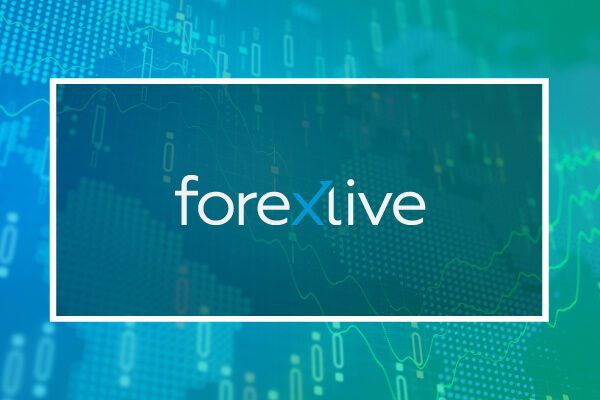- Prelim was 51.4
- Prior was 54.4
- Composite PMI 50.6 vs 51.2 prelim and 53.5 prior — weakest since Sept 2023
- Slower activity growth was linked to similarly weaker gains
in new work during April - Expansion in staffing was ‘marginal’
- The rate of inflation eased considerably from
March’s one-and-a-half year high to its weakest of 2025 so far
Overall, sentiment was at its lowest
level for two-and-a-half years and amongst the weakest since
the height of the pandemic in 2020.
Chris Williamson, Chief Business Economist at S&P Global
Market Intelligence
“While tariff announcements mean manufacturing dominates
the news, a worrying backstory is developing in the vastly
larger services economy, where business activity and hiring
have come closer to stalling in April amid plunging business
confidence.
“Business and consumer facing service providers alike, and
especially financial services firms, are reporting markedly
weaker growth prospects, citing intensifying uncertainty over
the economic outlook amid recent tariff announcements and
ongoing federal spending cuts.
“A key area of weakness is slumping exports of services, which
is now falling at rate not seen since 2022, but domestic demand
is also reportedly waning as confidence slides lower.
“Higher prices paid for imports due to tariffs are also driving
up service sector firms’ costs, feeding though to higher prices,
notably in consumer-facing industries such as restaurants and
hotels.
“The resulting bottom line from the services sector is a
heightened risk of stalling growth and rising inflation, or
stagflation.”
This article was written by Adam Button at www.forexlive.com.















